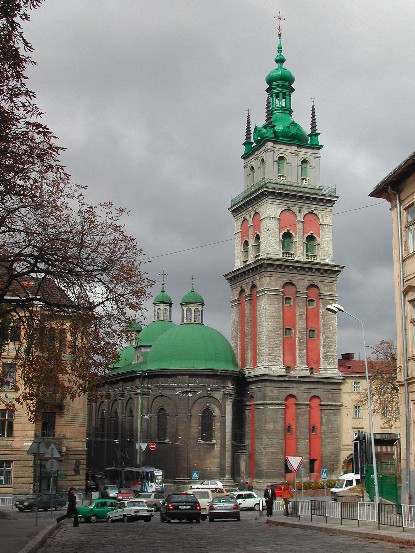Lviv Dormition Brotherhood
Lviv Dormition Brotherhood [Львівське успенське братство; Lvivske uspenske bratstvo, aka Lviv Stauropegion Brotherhood (Львівське ставропігійське братство; Lvivske stavropihiiske bratstvo)]. An Orthodox religious association founded in the 15th century by Lviv merchants and tradesmen at the Dormition Church in Lviv. It is the oldest and one of the leading Ukrainian brotherhoods, and it served as an example to other brotherhoods. There are historical references to it dating back to 1463. According to its charter, which was confirmed by Patriarch Joachim V of Antioch in 1586 and Patriarch Jeremiah II of Constantinople in 1589, the brotherhood was independent of the local bishops (right of stauropegion) and subject directly to the Patriarch of Constantinople. It had the right to oversee the activities not only of secular members of the church but also of the clergy and even the bishops. Its membership was open to all estates and to Orthodox believers from other cities and countries. Membership dues, profits from book sales, donations, and gifts were used to support the Dormition Church and Saint Onuphrius's Church and Monastery, which were owned by the brotherhood, and to operate a printing press, school, orphanages, hospitals, and homes for elderly members. As the leading cultural and religious institution for Western Ukraine, the Lviv brotherhood played a key role in resisting Polish national and religious oppression and in fighting for equality with the Catholics and the Polish burghers. Owing to its efforts the Lviv eparchy was restored in 1539, and one of the brotherhood's members, Makarii Tuchapsky, was appointed bishop. For a century it was one of the centers of opposition to the Church Union of Berestia. On 5 April 1709, after Pope Clement XI guaranteed its rights, the brotherhood accepted the union with Rome and thenceforth limited its activities to church affairs. In 1788, under Austrian rule, the brotherhood was disbanded. It was restored the same year with a different statute as the Stauropegion Institute, was taken over by Russophiles, and continued to operate until 1939.
As the owner of a printing press (see Lviv Dormition Brotherhood Press) the brotherhood developed a wide publishing program. Its earliest surviving publications came out in 1591: the charter of Patriarch Jeremiah II of 1589; a collection of verses in honor of Metropolitan Mykhailo Rahoza, titled Prosphonima; and a Greek grammar known as Adelphotes. From 1591 to 1722 the brotherhood press printed 140 titles in 160,000 copies, including liturgical books, school textbooks, and polemical literature. In the first half of the 17th century it published three editions of the Octoechos (1630, 1639, 1644), the Apostolos (1634, 1637, 1648), and the Antolohion (1632, 1638, 1643) and two editions of the Gospel (1636, 1644). The most important of its later publications were Ioanikii Galiatovsky's Kliuch razumieniia (The Key of Understanding, 1663 and 1665) and Nebo novoie (The New Heaven, 1665) and Ifika iieropolitika (1760). The directors of the printing press included Brother Myna and Rev Nykyfor in the 16th century and Mykhailo Slozka and Andrii Skulsky in the 18th century. Its books spread throughout Ukraine and even beyond it, to Belarus, Wallachia, Moldavia, Bulgaria, and Serbia. In Russia the import and sale of Lviv books was prohibited. Peter I permitted them to be sold, but only in Left-Bank Ukraine. The Stauropegion Institute printing press existed until 1939.
On 8 October 1586 the brotherhood opened a ‘Greek and Ruthenian school’ (see Lviv Dormition Brotherhood School) the first brotherhood school in Ukraine. It was governed by a special statute (Poriadok shkilnyi), which was worked out by the founders and the first rector of the school, Bishop Arsenii of Elasson. The statute is the oldest document in Ukrainian pedagogical literature. Besides merchants' children, boys from the lower classes were admitted. Instruction was conducted in vernacular Ukrainian, and Old Church Slavonic, Greek (until the 1660s), Latin (from 1604), and Polish (occasionally) were studied as subjects. The other subjects were music, astronomy, mathematics, dialectics, poetics, rhetoric, grammar, philosophy, and theology. By training teachers and printing textbooks the school played an important role in the development of education not only in Ukraine but also in Belarus, Russia, Wallachia, and Moldavia. Its rectors and professors included some noted Ukrainian cultural figures, such as Lavrentii Zyzanii, Stepan Zyzanii, Kyrylo Stavrovetsky-Tranquillon, Yov Boretsky, O. Mytura, Zakhariia Kopystensky, Pamva Berynda, F. Sydorovych, and M. Hrek. In the 18th century the school began to decline. The Stauropegion Institute maintained a school and a student residence until 1939.
The Dormition Brotherhood maintained close ties with Orthodox countries in the 16th and 17th centuries. The hospodars and statesmen of Moldavia, such as A. Lăpuşneanu (1558–66), J. Movilă (1598–1606), L. Stroici (1598–1606), S. Movilă (1606–7), Vasile Lupu (1641), M. Movilă (1650–60), A. Movilă-Potocki (1664), G. Duca (1671), and C. Duca (1694), supported the brotherhood and corresponded with it, usually in Ukrainian.
BIBLIOGRAPHY
Krylovskii, A. L’vovskoe stavropigial’noe bratstvo (Kyiv 1904)
Medyns’kyi, Ie. Brats’ki shkoly Ukraïny i Bilorusiï v XVI–XVII st. (Kyiv 1958)
Isaievych, Ia. Bratstva ta ïkh rol’ v rozvytku ukraïns’koï kul’tury XVI–XVIII st. (Kyiv 1966)
Matkovska, O. L’viv’ke bratstvo: Kul’tura i tradytsiï (Lviv 1996)
Isaievych, Iaroslav. Voluntary Brotherhood: Confraternities of Laymen in Early Modern Ukraine (Edmonton–Toronto 2006)
Bohdan Kravtsiv
[This article originally appeared in the Encyclopedia of Ukraine, vol. 3 (1993).]

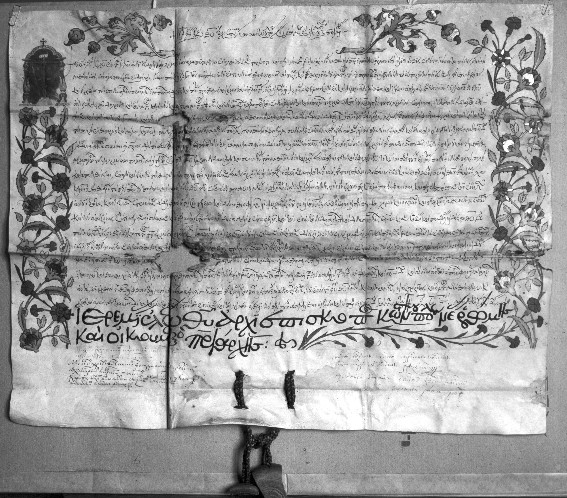
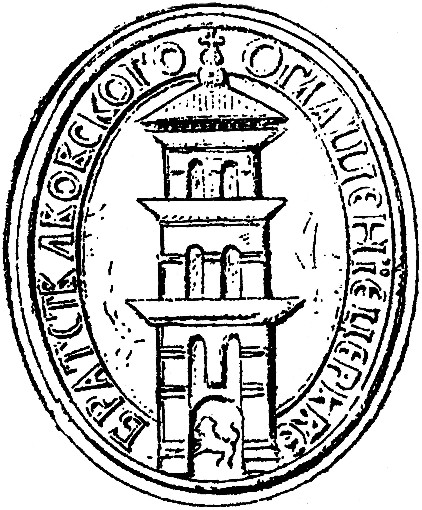
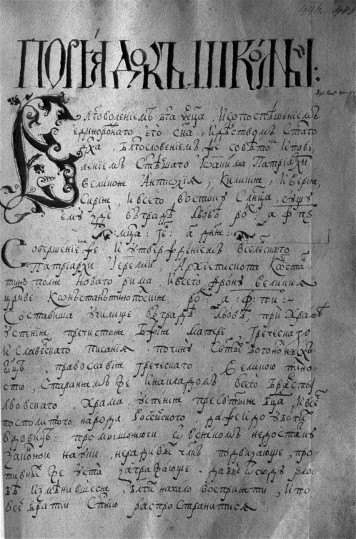
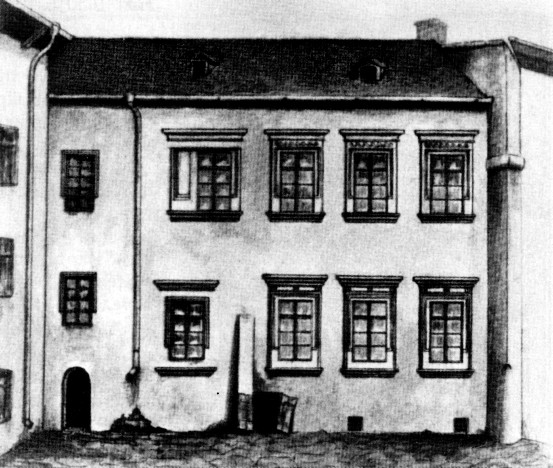
.jpg)
